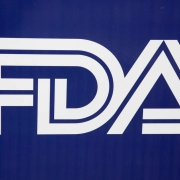Akebia’s CKD anemia drug ends tough regulatory path with FDA approval
Akebia’s CKD anemia drug ends tough regulatory path with FDA approval
Published: Mar 28, 2024
By Tristan Manalac
BioSpace
The FDA on Wednesday approved Akebia Therapeutics’ oral drug vadadustat, now to carry the brand name Vafseo, for the treatment of adults with anemia due to chronic kidney disease.
Vafseo, which is approved for use in 37 countries, is given once daily and is indicated for chronic kidney disease (CKD) patients who have been undergoing dialysis for at least three months. The drug comes with a boxed warning for a heightened risk of death, myocardial infarction, stroke, venous thromboembolism and thrombosis of vascular access.
Akebia CEO John Butler in a statement said that Vafseo’s approval will provide “an alternative treatment option for the hundreds of thousands of Americans on dialysis who are diagnosed with anemia due to CKD.”
For Vafseo’s launch, the biotech will work with its U.S. commercial team and leverage its partnership with CSL Vifor, which has the exclusive license to market Vafseo to dialysis centers across the country. According to its announcement, Akebia will “execute a launch strategy” for Vafseo with the goal of making the drug the “new oral standard of care” in this patient population.
Vafseo is an orally available inhibitor of the hypoxia-inducible factor prolyl hydroxylase (HIF-PH) enzyme, which is a central part of the cells’ response to low oxygen levels. This mechanism allows Vafseo to trigger the body’s physiologic response to hypoxia and stimulates the production of erythropoietin to manage anemia.
Akebia tested this mode of action in the INNO2VATE program. A New England Journal of Medicine publication in April 2021 showed that Vafseo was not significantly worse than darbepoetin alfa in terms of the change in mean hemoglobin levels. Akebia’s drug also had a similar safety and tolerability profile as darbepoetin alfa, primarily measured as the first occurrence of a major adverse cardiovascular event.
In addition to INNO2VATE results, the FDA’s approval was also backed by post-marketing safety data from Japan, where Vafseo hit the shelves in August 2020.
Wednesday’s FDA nod is the culmination of Vafseo’s long and rough regulatory journey. Akebia first filed for approval in March 2021 but was met with the agency’s rejection in March 2022. In its Complete Response Letter, the FDA cited safety issues with Vafseo and said that the company could run new studies to better demonstrate a positive benefit-risk profile for the drug.
In November 2022, Akebia filed a Formal Dispute Resolution Request, insisting that Vafseo had a “favorable balance” of benefits and risks, Butler said in an investor call at the time. The regulator in February 2023 ultimately deferred the decision to the Office of New Drugs.
In May 2023, the FDA decided that Akebia could resubmit its drug application without needing to perform additional studies. Instead, the biotech could use post-approval safety data from Japan, as well as an updated proposed label that reflects potential risks of heart- and liver-related side effects.
Source: BioSpace

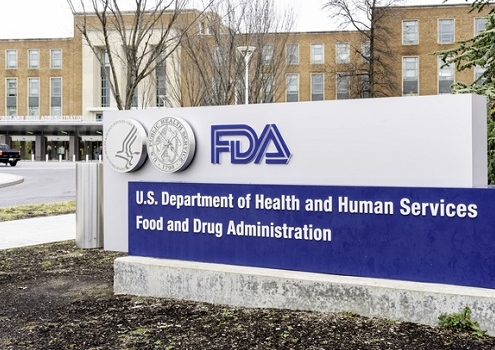

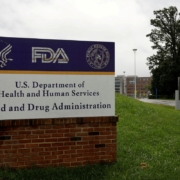



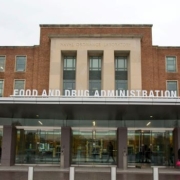
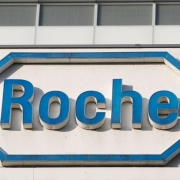 Reuters
Reuters